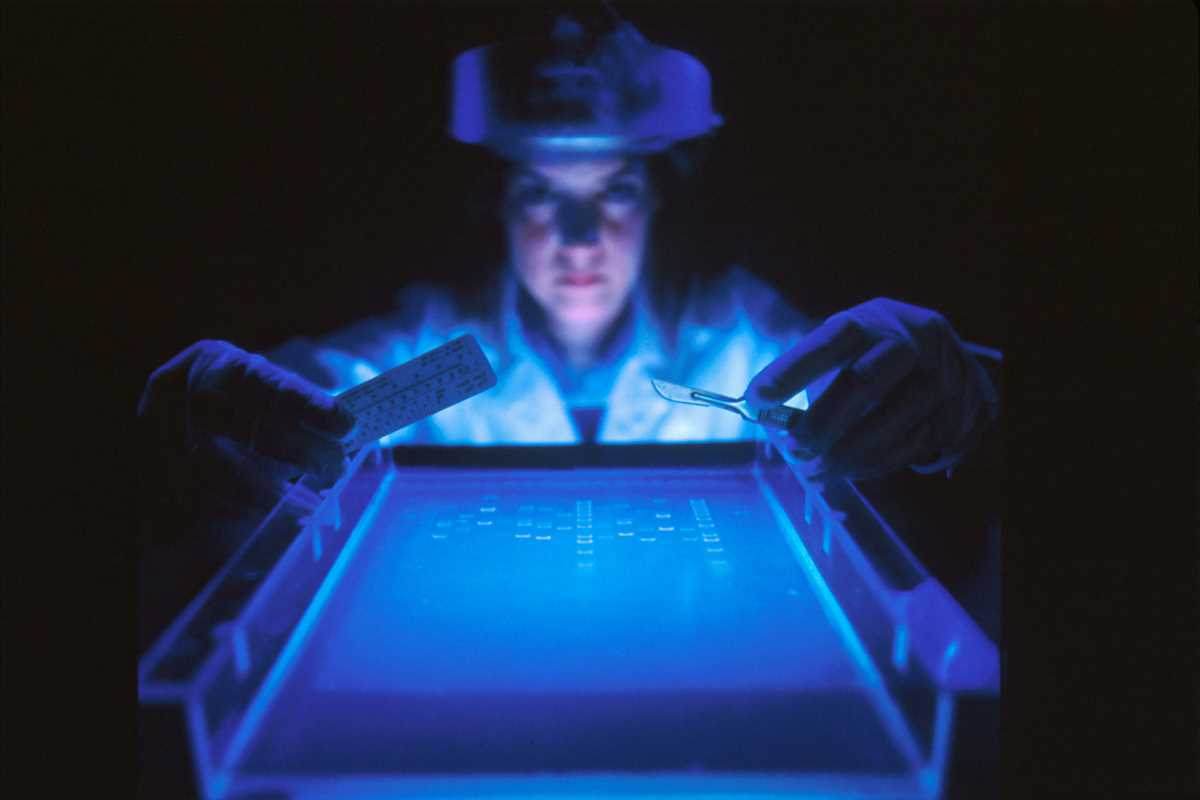For over a decade, 23andMe has been the go-to company for unlocking the secrets hidden in your spit. Whether you used it to confirm you’re 12% Neanderthal, discover a long-lost cousin, or find out if you’re genetically predisposed to hate cilantro, the company made DNA testing as easy as mailing a tube of saliva. But now, 23andMe is reportedly on the auction block, and if you’ve ever used its services, this sale could have real implications for your data, your privacy, and even the future of genetic testing.
Let’s dive into what’s happening, who might buy the company, and why you should care. No corporate fluff, no unnecessary panic, just the facts (with a dash of wit, because let’s face it, DNA is already weird enough).
Why 23andMe Is Looking for a Buyer
23andMe isn’t in this position because people suddenly lost interest in their ancestry. The company has been struggling financially for years. Its stock price has tanked, it’s undergone multiple rounds of layoffs, and its attempt to pivot into drug development hasn’t been the golden ticket investors hoped for. Selling the company could be a last-ditch effort to stay afloat, or a strategic move to hand off its treasure trove of genetic data to a bigger player.
The company’s struggles aren’t unique. The direct-to-consumer DNA testing market boomed in the mid-2010s, but growth has slowed as most people who wanted their ancestry analyzed have already done so. 23andMe tried expanding into health reports and even prescription drug development, but turning spit into profits hasn’t been easy. Now, the question is: Who would want to buy it, and what would they do with it?
The Most Likely Buyers
The list of potential suitors is a mix of Big Pharma, tech giants, and private equity firms, each with very different motives.
Pharmaceutical companies (like Pfizer or GlaxoSmithKline) would be most interested in 23andMe’s genetic database, which contains millions of health and ancestry profiles. This data is a goldmine for drug research, helping identify genetic markers for diseases and speeding up clinical trials.
Tech companies (think Google, Amazon, or Apple) might see 23andMe as a way to expand their health-tech ecosystems. Imagine your Apple Watch not just tracking your heart rate but also warning you about genetic risks based on your 23andMe data.
Private equity firms could swoop in, slash costs, and try to flip the company for parts, potentially leading to worse user experiences but bigger short-term profits.
Whoever buys 23andMe will determine whether your genetic data becomes a tool for medical breakthroughs, a targeted ad algorithm, or just another line item in an investor’s portfolio.
What Happens to Your Data
If you’ve used 23andMe, your DNA isn’t just sitting in a vault somewhere, it’s part of a massive dataset that’s been shared (anonymously, in theory) with researchers and drug companies. A new owner could double down on monetizing this data, especially if it’s a pharmaceutical company hungry for genetic insights.
Privacy concerns are inevitable. In 2023, hackers accessed about 6.9 million user profiles, exposing ancestry reports, health data, and even family tree information. A new owner with weaker security policies could make breaches more likely. And unlike a leaked credit card number, you can’t just cancel your DNA and get a new one.
Another worry: Could your genetic data be used against you? Right now, U.S. laws like GINA (the Genetic Information Nondiscrimination Act) prevent health insurers and employers from using genetic data against you, but loopholes exist, and life insurance companies aren’t bound by the same rules. If 23andMe’s new owner decides to sell more granular data, could it one day affect your insurance premiums or even job prospects?
Will Your 23andMe Account Change
In the short term, probably not. The new owners will likely keep the consumer side running since it’s a steady revenue stream. But over time, things could shift depending on who’s in charge.
If a pharma company buys it, expect more emphasis on health research and less on fun ancestry updates.
If a tech giant takes over, you might see deeper integration with fitness apps, wearables, and even AI-driven health predictions.
If private equity gets hold of it, brace for aggressive upselling, like premium subscriptions for health reports that used to be free.
One concerning possibility: Your existing data could be used in ways you didn’t originally consent to. 23andMe’s terms of service give it broad rights to use aggregated data, but a new owner might push those boundaries further.
What This Means for the Future of Genetic Testing
23andMe’s potential sale isn’t just about one company, it could reshape the entire DNA testing industry. Competitors like AncestryDNA and MyHeritage might follow suit, consolidate, or pivot their business models. If genetic data becomes even more commercialized, we could see:
More regulation: Governments might step in with stricter privacy laws for genetic data.
Consumer backlash: People may become wary of testing if they fear their DNA will be sold to the highest bidder.
Innovation or stagnation: A well-funded buyer could invest in better science, while a cost-cutting owner might let the technology stagnate.
What You Should Do Right Now
If you’re a 23andMe customer, here’s how to protect yourself:
- Download your raw DNA data (so you have a copy no matter what happens to the company).
- Review privacy settings and opt out of research sharing if you’re uncomfortable.
- Stay updated on who buys 23andMe and what they plan to do with user data.
- Consider deleting your account if you no longer trust where your data might end up.
The sale of 23andMe is a reminder that in the digital age, even our genetic code isn’t entirely ours. Whether this turns out to be a win for science or a loss for privacy depends on who ends up holding the test tube. One thing’s for sure; your DNA is worth a lot more than you might think.







